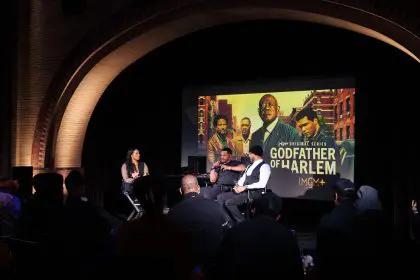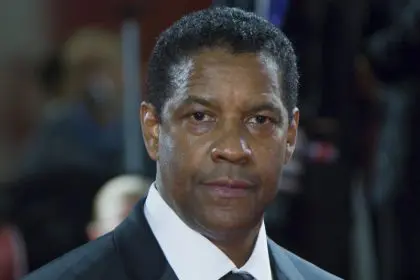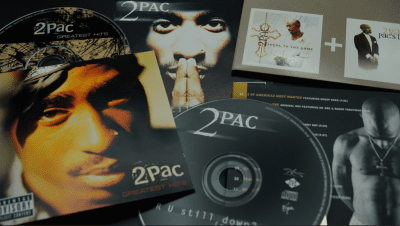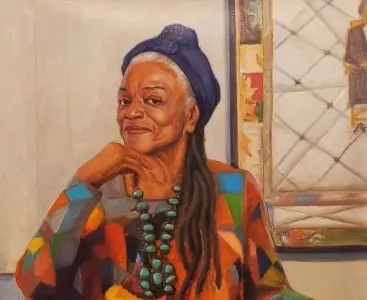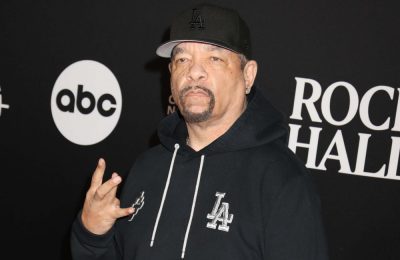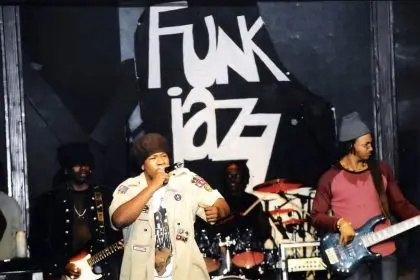Barry Michael Cooper, the visionary writer and producer who transformed urban storytelling through groundbreaking journalism and iconic films, has passed away in Baltimore at 66, reports Lovebscott. He died on Jan. 22, according to BET.
The architect of authentic urban narratives
Growing up amid the pulsing energy of Harlem’s streets in the 1960s and 70s, Cooper absorbed the raw, unfiltered stories that would later define his storytelling. His journey from the concrete corridors of New York to the gleaming studios of Hollywood carved a path for authentic urban narratives in mainstream media.
After graduating from the City College of New York, Cooper wielded his pen like a cultural archaeologist, unearthing stories that mainstream media often overlooked or misunderstood. His early career as a journalist at The Village Voice and Spin set the foundation for what would become a revolutionary approach to storytelling.
Redefining urban cinema in the golden age
The watershed moment came with his explosive Village Voice article “New Jack City Eats Its Young.” This fearless exploration of street life during the crack epidemic captured the attention of Hollywood executives who recognized the raw power of Cooper’s narrative voice. Cooper eventually wrote the screenplay for New Jack City, in 1991, marking a seismic shift in how urban stories were told on screen.
New Jack City wasn’t just another crime drama; it was a cultural phenomenon that spoke to a generation grappling with the devastation of the crack epidemic. The film’s unflinching portrayal of ambition, power and consequence resonated deeply with audiences who had lived through the era, while educating those who had only seen it from the outside.
Cooper’s subsequent screenplays for Sugar Hill and Above the Rim further cemented his position as the premier chronicler of urban life in the early 1990s. These films went beyond entertainment, serving as time capsules of an era marked by both struggle and resilience. His work helped establish what critics would later dub “New Jack Cinema,” a genre that combined gritty realism with stylized storytelling.
Evolving with the times
As media landscapes shifted, Cooper adapted his storytelling for television while maintaining his commitment to authenticity. His production of “the Larry Davis episode,” says LoveBScott, for BET’s “American Gangster” series demonstrated his ability to bring nuanced perspectives to true crime narratives. The episode exemplified Cooper’s talent for examining complex figures within their broader social context.
A blueprint for authentic storytelling
Cooper’s influence extends far beyond his works. His career provided a blueprint for creating content that refuses to compromise cultural authenticity for mainstream appeal. His success proved that stories centered on urban experiences could resonate with wide audiences while maintaining their cultural integrity.
The impact of Cooper’s work continues to reverberate through contemporary media. His influence can be seen in the current renaissance of Black cinema and television, where creators now freely blend cultural specificity with universal themes, a path Cooper helped pave decades ago.
Throughout his career, Cooper demonstrated that authentic storytelling could bridge generational and cultural gaps. His work spoke to those who lived through the eras he chronicled while educating younger generations about pivotal moments in urban history. The worlds he brought to life on page and screen helped validate the experiences of those who recognized their own stories in his narratives.
As streaming platforms and digital media create new opportunities for storytelling, Cooper’s legacy offers valuable lessons about the importance of cultural authenticity and narrative courage. His work reminds creators that the most powerful stories often come from personal truth and lived experience.
Cooper’s passing marks the end of a chapter in cultural storytelling, but his influence endures in the generations of writers, filmmakers and journalists he inspired. His career demonstrated how powerful storytelling could illuminate uncomfortable truths while entertaining audiences, a delicate balance that defined his artistic legacy.
In an era of increasing calls for authentic representation in media, Cooper’s work stands as a testament to the enduring impact of genuine storytelling. His legacy challenges current and future storytellers to approach their craft with the same unflinching honesty and cultural awareness that made his work revolutionary.
The stories Cooper told will continue to resonate with audiences who appreciate thoughtful examinations of urban life and culture. His body of work remains a master class in how to tell challenging stories with depth, nuance and respect for the communities they represent.








